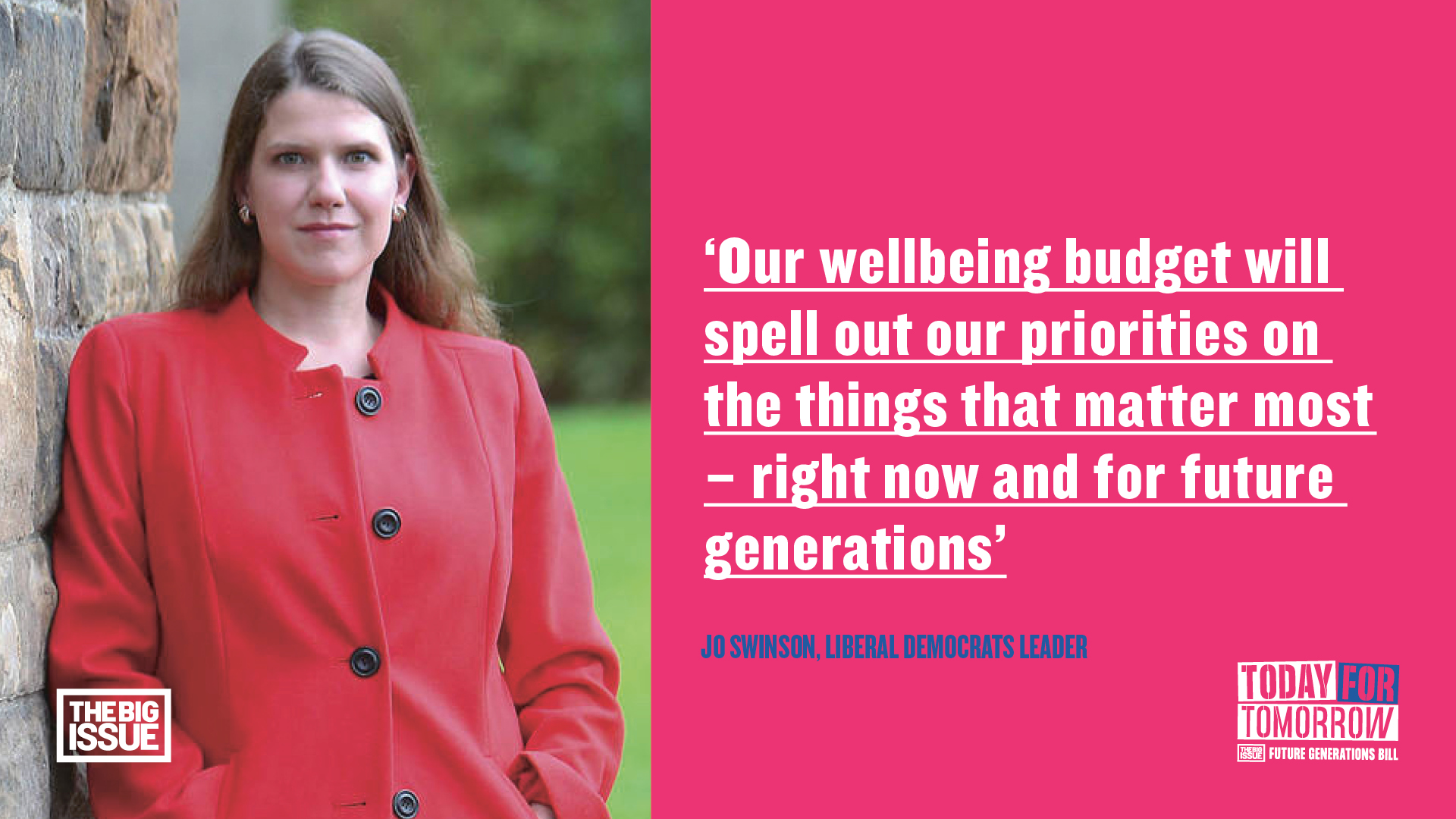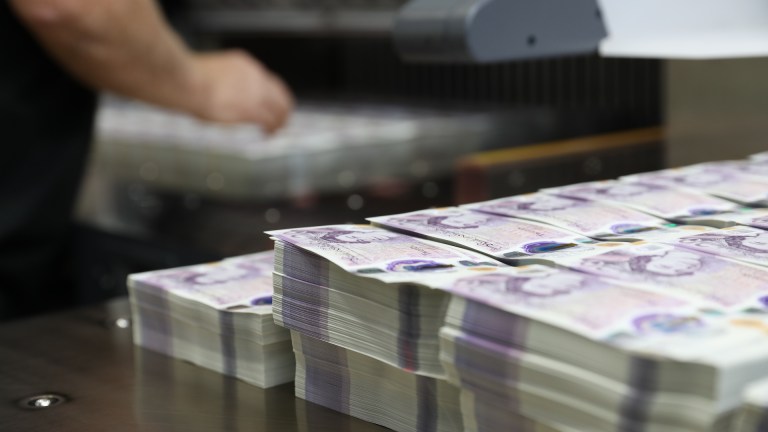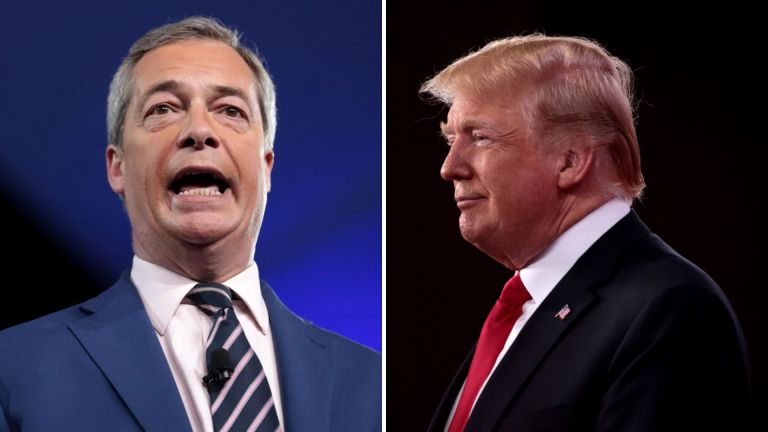“At this General Election, we have plans to transform our mental health services, recruit 20,000 more teachers, give all adults £10,000 to learn new skills and help out families with free childcare from nine months. And we will use the £50 billion Remain Bonus to tackle in-work poverty and give children the best start in life.
“We are also the only party with a credible and radical plan to tackle the climate crisis. We are the last generation that can stop irreversible climate change, yet government leadership has been uninspiring, in stark contrast to the children and teenagers who have taken to our streets to ask for urgent action. The Liberal Democrats have a ten-year emergency plan to reduce emissions as quickly as possible, to generate 80 per cent of our electricity from renewables by 2030 and to lift millions out of fuel poverty by 2025.
“In our manifesto, we have also committed to publish a wellbeing budget so that government decisions are based on how we ensure that every individual, community and our planet can thrive, not just what is best for GDP growth. Our wellbeing budget will spell out our priorities for public spending on the things that matter most – both right now and for future generations.”
Swinson is not the only high-profile Lib Dem to back the pledge – her deputy Ed Davey also gave it his backing as did 77 other candidates across the nation (at the time of writing)
The main thrust of the Lib Dems’ manifesto was no surprise, a vow to stop Brexit if they upset the odds to come out on top in the election.
But last week they also elaborated on their plan to end rough sleeping in five years – a manifesto pledge they also share with Labour.
As well as vowing to end rough sleeping two years before the government’s current 2027 target, Swinson and Co have also promised a cross-party plan to end all forms of homelessness.
The Lib Dems will also give local authorities “sufficient financial resources” to deliver the Homelessness Reduction Act and scrap the Vagrancy Act – two pieces of legislation that have been the focus of homelessness charities and campaigners in the past year.
The government set their own rough sleeping targets in 2017, pledging to half rough sleeping by 2022 and end it entirely by 2027.
There has been limited progress in meeting those goals with the official Ministry of Housing, Communities and Local Government figures showing a drop in the number of rough sleepers for the first time in eight years when they were unveiled in January. The stats said that 4,677 people were on the streets in 2018, although these figures have been questioned by the charities and homelessness organisations.









